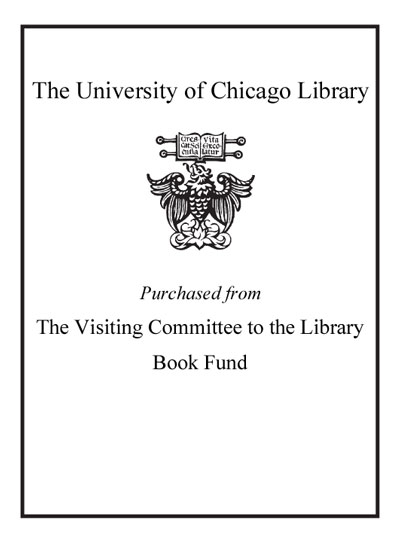Review by Choice Review
Although subtitled "Religion and Philosophy Reconceived," this book is a religious meditation, deeply embedded in Christian theology, on how to reconcile life's ardors and severities with divine agape or love. Moser (Loyola Univ. Chicago), whose philosophical credentials are impressive, invites readers into an extended (though often overly repetitive) reflection on how the trials and tribulations of the flux of everyday life are compatible with belief in a God whose love invites people into a cooperative venture that will lead to their ultimate fulfillment. This venture may include moments of divine hiddenness and human distress in order that the full power of human free will can be exercised in responding to divine grace. Moser invites readers to meditate on the meaning of what he calls a "Gethsemane experience," in which their trust in God is both tested and strengthened. The author offers a particularly intriguing treatment of how divine grace is completely sufficient for human salvation, but also requires human freedom to respond it to by the active deed of trusting in it, without that deed becoming a "work" meriting salvation. Summing Up: Recommended. Upper-level undergraduates and above. F. G. Kirkpatrick Trinity College (CT)
Copyright American Library Association, used with permission.
Review by Choice Review

